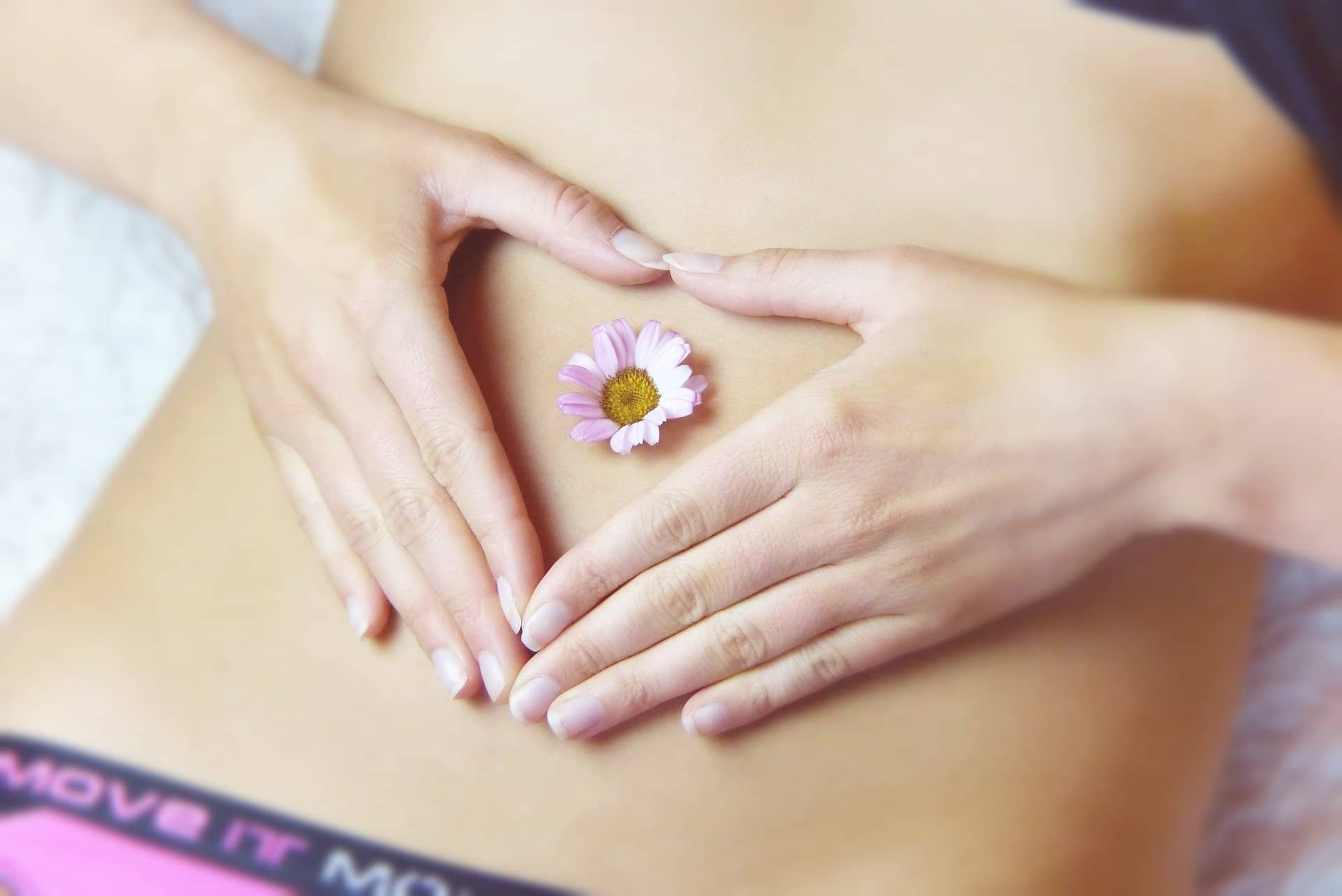Human beings are made up of, among many other things, bacteria. In fact, our body accumulates so much that it’s been calculated that for each human cell there are about ten bacteria. To give you a better idea, all of the bacteria that live inside of us may make up about two to three kilograms of our total weight. Today we want to talk to you about them, and more specifically about the relationship between microbiota and fertility.
The bacteria in our body have several different functions. Among others, it should be pointed out that they are responsible for making sure that everything in our body runs correctly by preventing pathogens from entering our system, causing infection and multiplying.
In terms of fertility, there are an increasing number of studies which show that having good, healthy vaginal and endometrial flora help to improve the likelihood of pregnancy and the success rates of assisted reproduction treatment. We must also say, nonetheless, that literature on microbiota and fertility is still limited and under review.
What are microbiota?
We are going to begin by clearly explaining what microbiota are, and the explanation will be brief as it is very straightforward. Microbiota are a group of bacteria and fungi that occur naturally in the human body. They’re actually so natural that we acquire them as soon as we’re born.
You should also know that each part of the human body contains specific microbiota, and the most important ones, in terms of the topic at hand, are vaginal and endometrial microbiota.
What does vaginal microbiota do?
When we are specifically talking about vaginal microbiota, we have to keep in mind that bacteria from the Lactobacillus family are the most common bacteria in the female vagina and endometrium, especially during the reproductive years.
The vaginal microflora is in charge of producing lactic acid, which in turn creates an acidic environment that prevents pathogenic microorganisms from growing. We can therefore say that vaginal microbiota protect this part of the body from the colonisation of harmful microorganisms and also supports the development of a defence system to help encourage pregnancy.
What does endometrial microbiota do?
In addition to the vaginal microbiota we’ve just discussed, recent studies have confirmed the presence of specific microbiota in the innermost layer of the uterus: the endometrium. The literature explains that the likelihood of embryo implantation is lower in an endometrium where the microbiota do not have Lactobacillus as their predominant bacteria.
As you can imagine, this is especially important in the field of assisted reproduction, as the microbiota may affect endometrial receptivity and as a result impact the likelihood of pregnancy, while also relating to miscarriages and premature labour.
What is bacterial dysbiosis?
When we talk about microbiota in general there’s another term that you should understand. It’s what we call bacterial dysbiosis, and it’s something that takes place when the flora is unbalanced and other microorganisms start to appear. These other microorganisms may be detrimental to the correct functioning of the flora.
This situation may be due to changes in the quantity or quality of the microbiota, or even due to changes in certain metabolic functions. And although it’s more common for bacterial dysbiosis to appear in the digestive tract or on the skin, it can also show up in other parts of the body such as the nails, eyes or even the lungs or the vagina which, for the case at hand, is what interests us and what we should be aware of when talking about fertility.
What can cause changes to vaginal and endometrial flora?
Generally speaking, microbiota is highly influenced by the environment. However, factors such as diet, age, stress, etc., also play a role and can lead to important changes to microbiota as well.
Vaginal and endometrial microbiota are also significantly impacted by these factors, especially if you’re trying to conceive. The age of the female, pregnancy, sexual activity, tobacco consumption, environmental contaminants, taking antibiotics, the hormones that we consume through the foods we eat… These factors and many others have an effect on the composition of vaginal microbiota.
As we said before, this group of bacteria is primarily made up of Lactobacillus during the reproductive years. Lactobacillus are very sensitive to all these factors, and disruptions can lead to bacterial dysbiosis, which in turn favours the growth of pathogens that make it difficult to get pregnant.
Are there tests to assess vaginal and endometrial microbiota?
Fortunately, measuring vaginal and endometrial microbiota is possible. For this there are tests that study the endometrium and detect abnormalities in the microbiota, as well as the presence of pathogenic bacteria that may lead to infection.
At URE Centro Gutenberg we carry out these studies through a simple test that involves retrieving a sample of endometrial tissue in the doctor’s office. There are currently two types of tests available: EMMA and ALICE.
The EMMA test focuses on determining the levels of endometrial flora and also makes it possible for us to recommend the best treatment to the patient in order to balance out these levels, in turn improving her reproductive prognosis.
On the other hand, the ALICE test serves to determine the presence of pathogenic bacteria in the endometrium which are responsible for chronic endometritis (inflammation of the endometrial tissue) and, as a result, implantation failure and recurrent miscarriage. Additionally, this test allows the specialist to prescribe the correct course of antibiotic and probiotic treatment.
Can a female’s microbiota be improved?
The answer is yes. There are studies that show that taking probiotics increases the proportion of healthy bacteria in that area, for example Lactobacillus. This equates to better health in that part of the body and, as a result, increased reproductive success.
As you can see, microbiota and fertility are two elements that go hand in hand when we’re talking about pregnancy and assisted reproduction treatment. It is important to remember this concept and what the presence of these bacteria mean for our body by trying to maintain a healthy balance that will have a positive impact on the likelihood of pregnancy.
Do you have any questions about this topic? Would you like to ask us something or make your first appointment with us? Don’t forget that this first consultation is cost-free. Request your appointment here!


